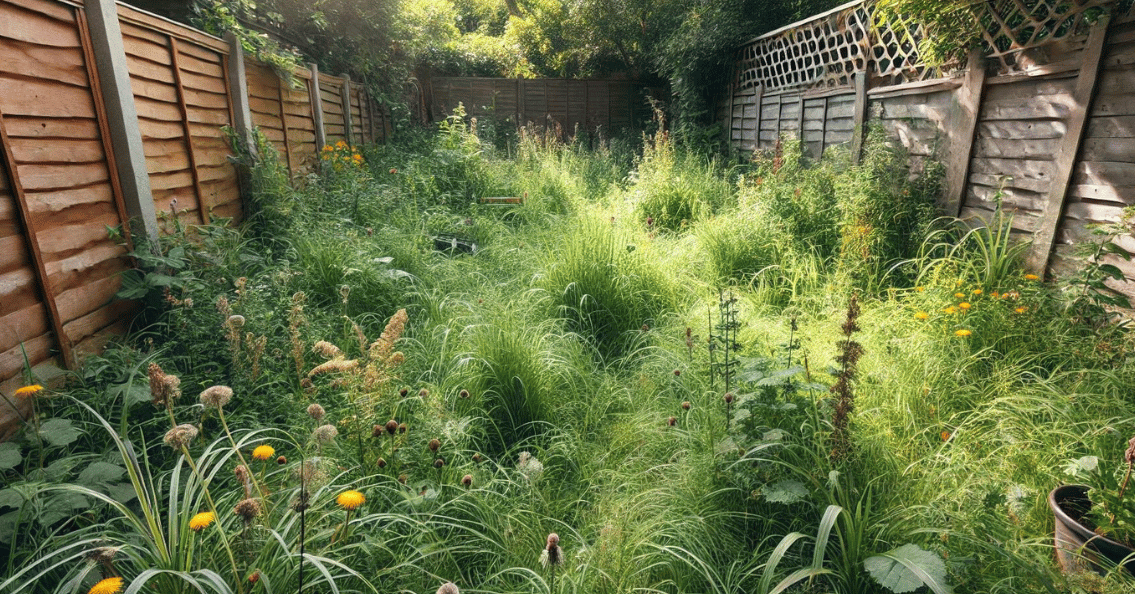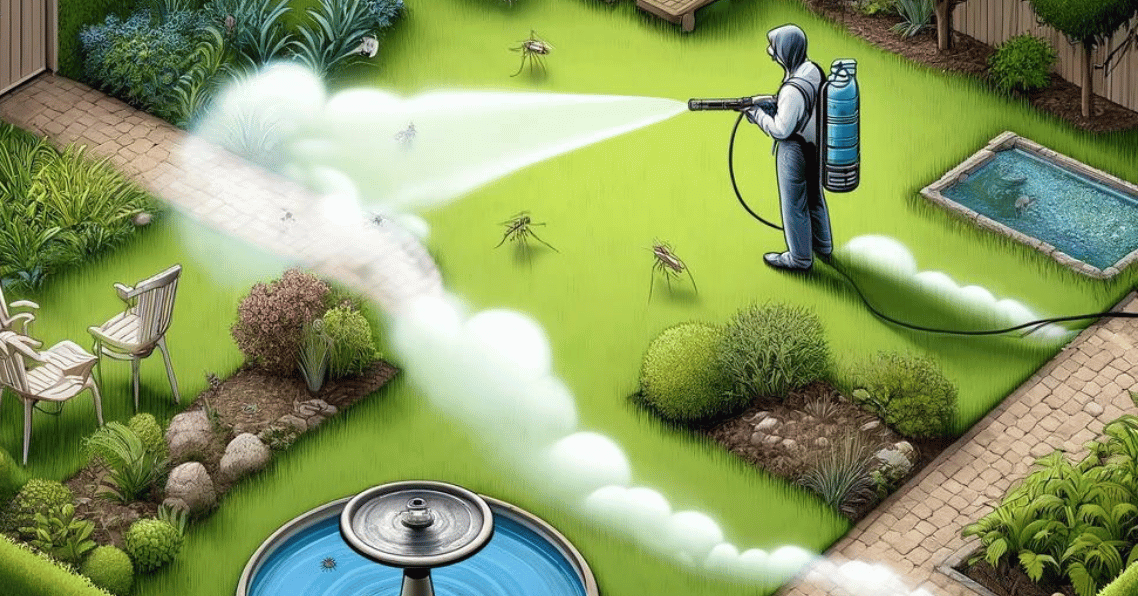At Strobert Tree Services, we love how boxwoods make your yard look amazing. These green shrubs are a big deal in gardens all over Delaware, Pennsylvania, and New Jersey. But it's really sad to see them turn brown and look sick. In this post, we will talk about why your boxwoods are struggling and share our top tips on how to help them get back to looking great.
Understanding the Problem: Why Are My Boxwoods Dying?
Boxwoods turning brown and dying can be attributed to two primary soil-borne diseases: Phytophthora root rot and English boxwood decline. Both diseases pose significant threats to various boxwood species, including the American boxwood (Buxus sempervirens), English boxwood (B. sempervirens 'Suffruticosa'), and littleleaf boxwood (B. microphylla).
- Phytophthora Root Rot is caused by a fungus-like organism that thrives in wet, poorly-drained soils. It attacks the plant's roots, leading to a decline in health as the plant's ability to absorb water and nutrients is compromised. Symptoms include yellowing leaves, reduced growth, and eventual browning as the plant dies back.
- English Boxwood Decline is a less understood condition that primarily affects the English boxwood. Symptoms start with the lightening of leaf color, progressing to leaf drop and significant thinning of the foliage. The decline is gradual and can be exacerbated by stress factors such as extreme temperatures, drought, or improper planting.
How Can You Revive a Dying Boxwood?
Reviving a dying boxwood requires prompt action to address the root cause of the decline. Here are steps you can take to help your boxwoods recover:
- Improve Soil Drainage: Ensure your boxwoods are planted in well-drained soil to prevent root rot. If drainage is an issue, consider replanting them in a raised bed or incorporating organic matter to improve soil structure.
- Water Wisely: Overwatering contributes to root rot. Water your boxwoods only when necessary, allowing the soil to dry out between waterings.
- Prune Affected Areas: Pruning dead or diseased branches can help prevent the spread of disease. Sterilize your pruning tools between cuts to avoid contaminating healthy parts of the plant.
- Apply Fungicides: A fungicide may help control the disease in cases of Phytophthora root rot. Follow the product's instructions carefully and consider consulting a professional for application.
- Maintain Plant Health: Ensure your boxwoods are well-cared for, with appropriate fertilization, mulching, and pest control measures. A healthy plant is more resilient to disease and stress.
How Can Strobert Tree Services Help?
At Strobert Tree Services, we're committed to providing expert care for your trees and shrubs. Our team of certified arborists has the knowledge and experience to diagnose and treat diseases affecting your boxwoods. We offer a range of services tailored to the needs of your landscape, including:
- Disease Diagnosis and Treatment: Our experts can identify the specific issues affecting your boxwoods and recommend effective treatment options.
- Soil Management: We can help improve the soil conditions around your boxwoods, ensuring they have the foundation they need to thrive.
- Pruning and Maintenance: Regular pruning and maintenance can keep your boxwoods healthy and vibrant. Our team can provide these services, keeping your landscape beautiful and disease-free.
- Preventative Care: We also offer preventative care services to protect your boxwoods from common diseases and pests, helping you maintain a healthy landscape year-round.
Conclusion
Boxwoods are a valuable addition to any landscape, offering beauty and elegance. However, it's essential to take swift action when faced with diseases like Phytophthora root rot and English boxwood decline. By understanding the causes of these diseases and implementing effective care and prevention strategies, you can revive your dying boxwoods and enjoy their beauty for years to come.
For expert assistance with your boxwoods or any other tree and shrub care needs, contact Strobert Tree Services. Our team is here to help you maintain a healthy, vibrant landscape in Delaware, Pennsylvania, and New Jersey. Let us assist you in protecting your investment and ensuring your garden remains a source of pride and joy.











